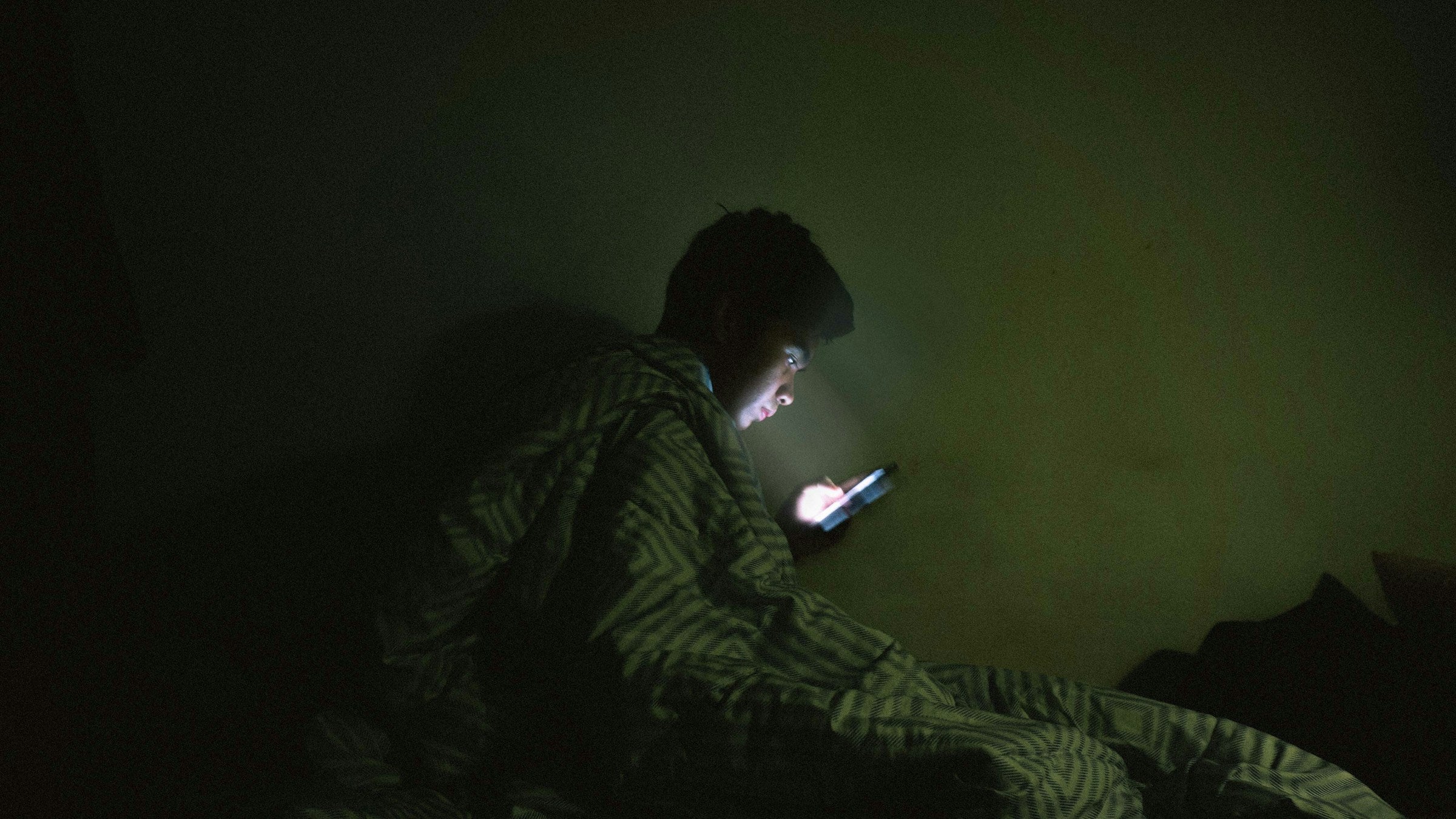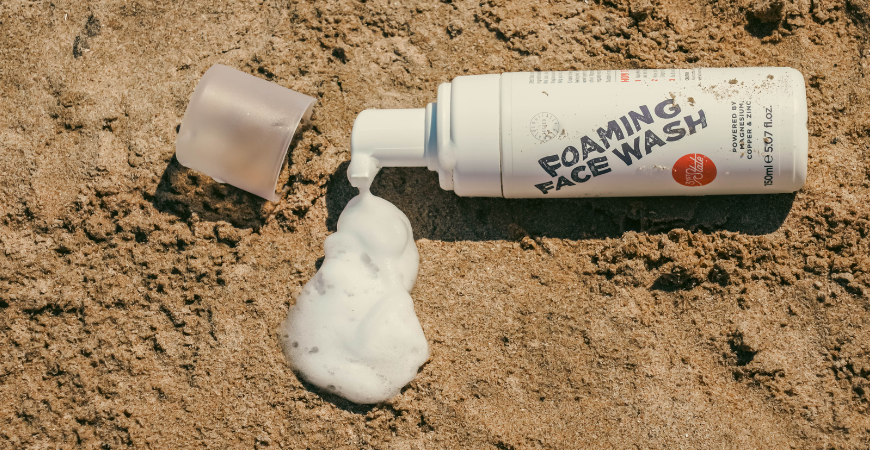
If you’re a parent of a teenage boy, you likely know the nightly challenge: convincing him to go to bed at a decent hour. Between late-night gaming, TikTok scrolls, endless homework and early school starts, most teens are running on empty.
And it’s not just your kid. Studies show that nearly 70% of high schoolers don’t get enough sleep, significantly falling short of the recommended 8 to 10 hours per night (CDC, 2023).
The Science Behind Teen Sleep Struggles
According to Dr. Judith Owens, a leading pediatric sleep expert, puberty actually rewires teen sleep patterns. Their internal clocks shift later, so they naturally want to go to bed later. That means their brains are wired to stay awake even when they’re tired. So, when your son insists he’s “just not tired” at 10 p.m., it’s not defiance—it’s biology.
Why Sleep Matters More Than You Think
The American Academy of Pediatrics calls insufficient sleep one of the biggest health risks facing adolescents today. Chronic sleep deprivation can lead to:
-
Mood swings and irritability
-
Poor focus and lower academic performance
-
Increased impulsivity (think: midnight snacking and messy rooms)
-
Weakened immune function and even skin issues due to elevated stress hormones
Sleep affects everything, from growth and learning to how confident they feel in their skin.
What Parents Can Do
Let’s be real: We can’t force our teens to sleep, but we can help create an environment that makes it easier. A few strategies to try:
-
Don’t overhaul everything overnight. That can actually be more stimulating. Tackle one habit at a time and ease into a new routine. .
-
Set gentle screen limits. Even moving devices out of the room or reducing screen time by 30 minutes can improve sleep quality.
-
Support natural melatonin rhythms, Timing and lighting matter more than supplements.
-
Encourage downtime. Things like a warm shower, chill music, journaling or even a skincare routine can encourage a more relaxed state.
-
Strategic naps (yes, naps!) can help restore energy. Those long weekend sleep-ins can confuse their internal clock.
The Bottom Line
Teen boys are busy, overstimulated and biologically wired to stay up late. Creating consistent, realistic habits is the dream scenario for better sleep. And when they get those 8 to 10 hours, everything improves: their mood, their skin, their confidence.






